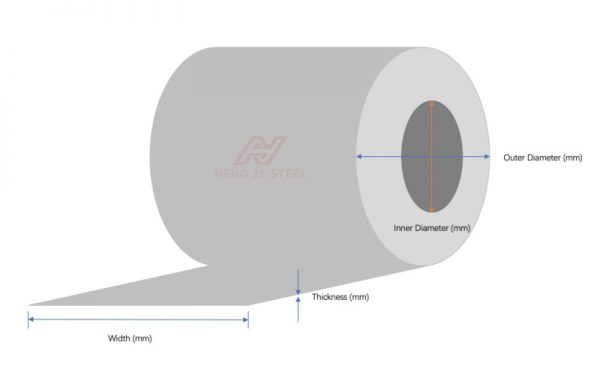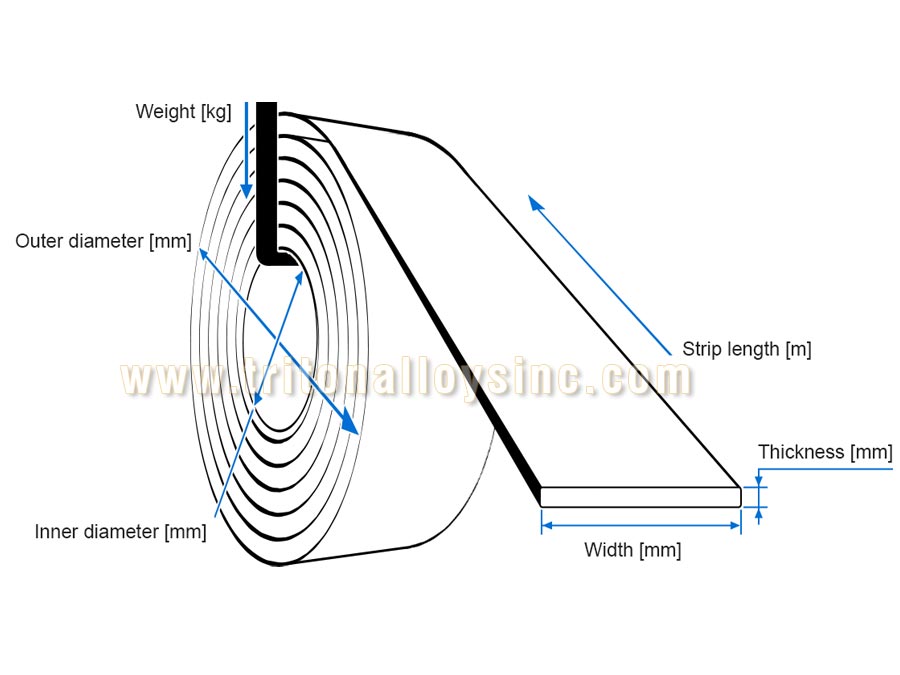Well, howdy there! Let’s talk about figurin’ out the weight of them steel coils, you know, the big ol’ rolls of metal they use for all sorts of stuff. It ain’t rocket science, but ya gotta know a few things.
First off, steel coil weight formula, that’s what we’re after. Sounds fancy, but it’s just a way to figure out how heavy that darn thing is. Why do we need to know? Well, if you’re workin’ with it, you don’t wanna overload your truck or crane, do ya? And if you’re buyin’ or sellin’ it, you sure as heck wanna know how much you’re gettin’ or gettin’ rid of.


Now, there’s a few ways to skin this cat, but the main idea is pretty simple. You gotta measure some things. The main things are how wide it is, how thick it is, and how long it is. Think of it like a big, flat pancake rolled up tight.
- Width: That’s how wide across that flat pancake is before you roll it up.
- Thickness: That’s how thick that pancake is. Is it a thin little crepe or a big, fluffy flapjack?
- Length: Now, this is the tricky part. Since it’s all rolled up, you can’t just stretch it out and measure it with your tape measure, can ya? You gotta figure it out a different way.
So how do ya figure out the length, you ask? Well, there’s a couple of ways. Sometimes, the fella who made the coil will tell ya right on the label. But if he don’t, or if the label’s gone missin’, you gotta do some detective work. You might need to know the inside diameter – that’s the hole in the middle – and the outside diameter – that’s how big the whole roll is. Then there’s some fancy math you can do with those numbers, but I ain’t gonna get into all that. It’s too much for my old brain! There’s calculators online and such that can do it for ya. Just gotta punch in the numbers, you know?
Okay, so let’s say you got all them measurements. Now what? Well, now you gotta use a steel coil weight formula. The basic one is somethin’ like this: Weight equals Width times Thickness times Length times a magic number. Yep, a magic number. For steel, that magic number is somethin’ like 0.2836 if you’re measurin’ in inches, or a different number if you’re usin’ somethin’ else. Don’t ask me why, it’s just the way it is. Them science folks figured it all out.
So, let’s say you got a coil that’s 50 inches wide, 0.1 inches thick, and a whoppin’ 1000 inches long. You just multiply them all together: 50 x 0.1 x 1000 x 0.2836. And that gives you… well, I ain’t got my calculator handy, but you get the idea. That there’s your weight, in pounds probably.
Now, this here steel coil weight formula ain’t perfect, mind you. It’s just an estimate. Different kinds of steel weigh a little different, and sometimes them coils ain’t perfectly even all the way through. But it’s close enough for most work. If you need it to be real precise, you might need to get a fancy scale or somethin’.
And listen here, there’s all sorts of calculators out there to help ya. You can find ‘em on that internet thingy. Just search for “steel coil weight calculator” and you’ll find a bunch. They’ll do all the math for ya, which is mighty handy if you ain’t too good with numbers, like me.


Some of them calculators are real fancy. They let you pick what kind of steel you got, and they even let you put in the gauge, which is just another way of sayin’ how thick it is. And they’ll spit out the weight, no problem. Some even tell ya the surface area, if you need that for somethin’. I ain’t never needed that myself, but someone might.
Remember, accurate coil weight calculation is important, especially when you are dealin’ with them big, heavy coils. You don’t wanna go guessin’ and have somethin’ break or someone get hurt. Safety first, I always say.
So, there you have it. That’s the lowdown on figurin’ out the weight of a steel coil. It ain’t so hard, once you get the hang of it. Just measure it up, use the right formula or a calculator, and you’ll be good to go. Now, go on and get to work!



